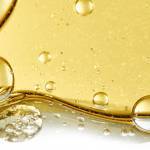Metabolic
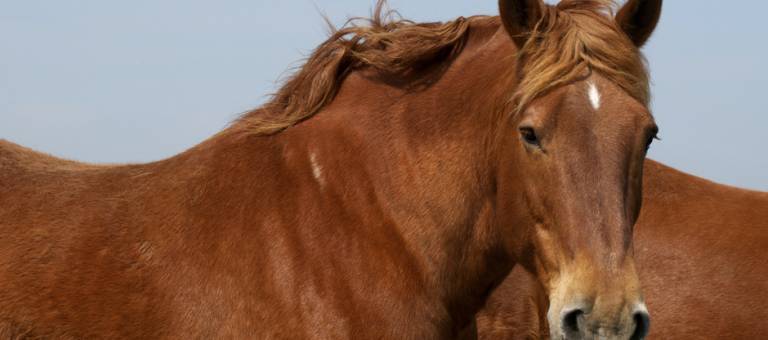
June 10, 2014
Why Is Obesity Bad for Your Horse?
For many horse owners, the easiest way to express their affection for their horses is by feeding them.
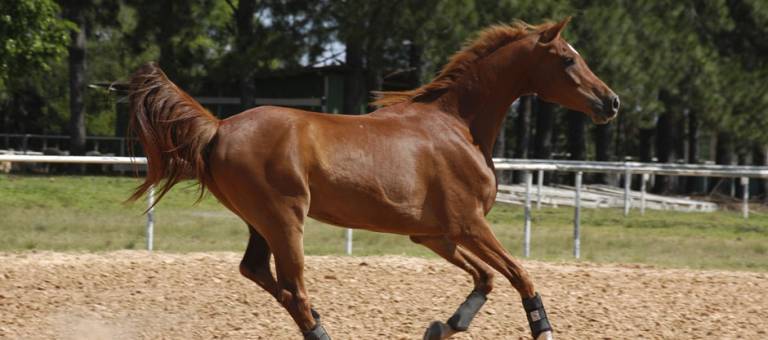
June 02, 2014
Studying Energy Metabolism in Exercising Horses
Although there is a substantial body of knowledge pertaining to the digestible energy requirements for working horses, the effects

April 14, 2014
Understanding Weight Loss and Diet in Mature Horses
Weight may vary somewhat by season and exercise program, but any horse that shows unexpected weight loss should be
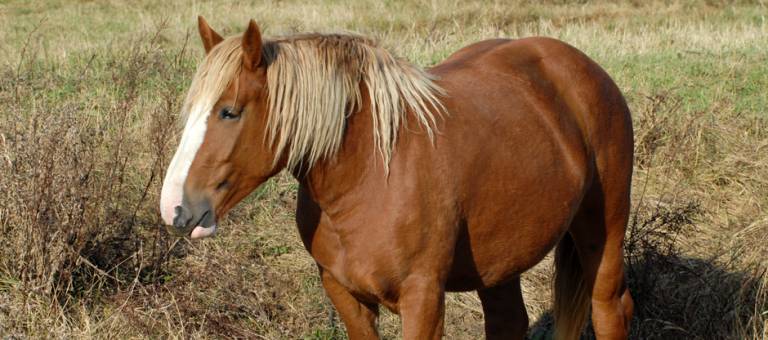
March 24, 2014
Seven Reasons Why You Should Watch Your Horse’s Weight
Let’s cut to the chase: obesity is just as detrimental to horses as it is humans.
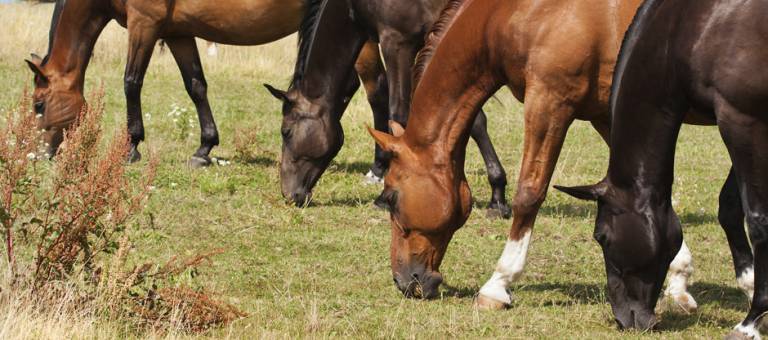
March 05, 2014
Digestibility of Calcium and Phosphorus in Horses
Calcium and phosphorus are the most important minerals for bone formation and maintenance in horses. These minerals must be
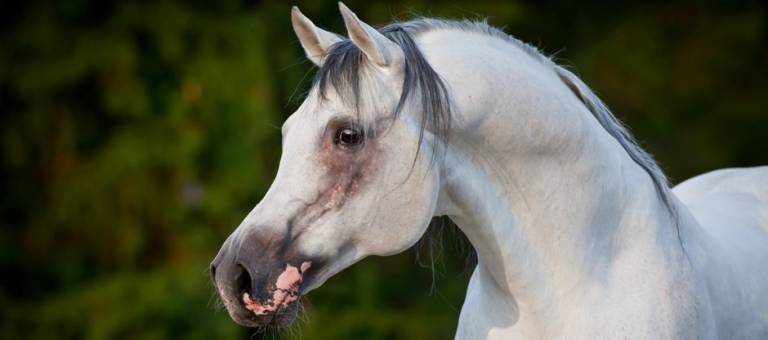
December 27, 2013
Feeding and Managing to Reduce Recurrent Exertional Rhabdomyolysis in Horses
A number of horses, predominantly fillies, have recurrent episodes of rhabdomyolysis (muscle cramping) with even light exercise. Recurrent exertional
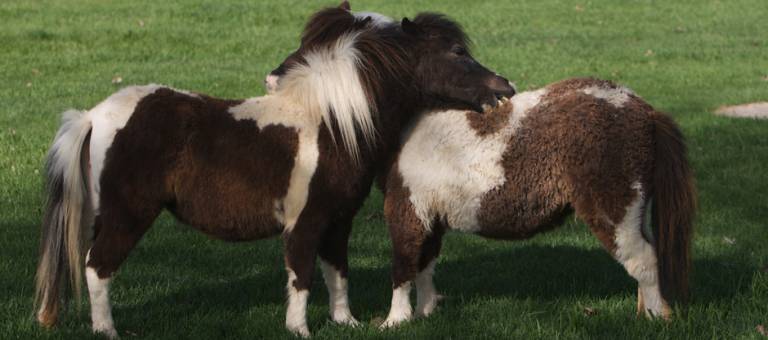
December 26, 2013
Diagnosis and Feed Management for Equine Cushing’s Disease
Horses that have equine Cushing’s disease can be managed best on a diet that produces a low glycemic response,
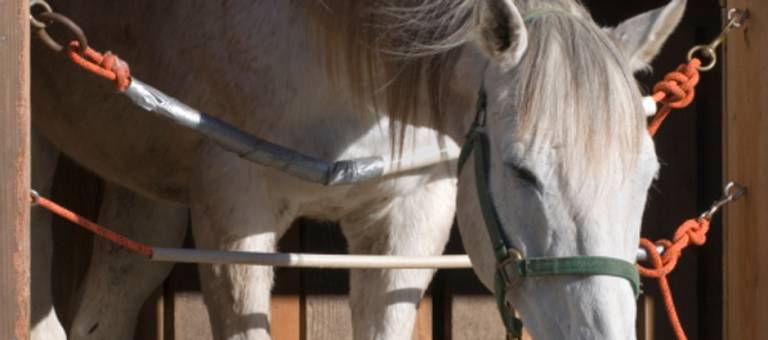
December 09, 2013
Prevent Nutritional Secondary Hyperparathyroidism in Horses
The condition occurs due to a dietary calcium deficiency, excess levels of phosphorus, an inverted calcium-to-phosphorus ratio in the
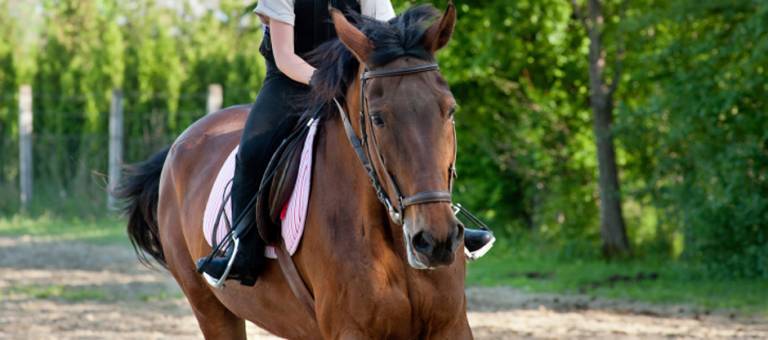
November 15, 2013
Nutritional Support of the Immune System in Horses
Some groups of horses are at increased risk of illness because of challenges to their immune systems. Young horses,
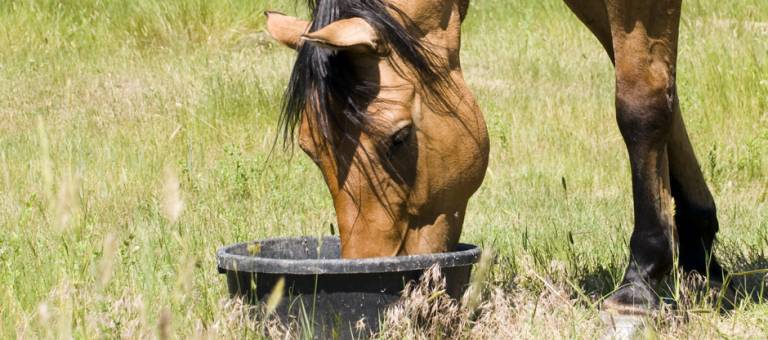
September 23, 2013
Is Dry, Rinsed, or Soaked Beet Pulp Better for Horses?
Simple sugars in shredded beet pulp contribute to an increase in blood glucose after feeding.







